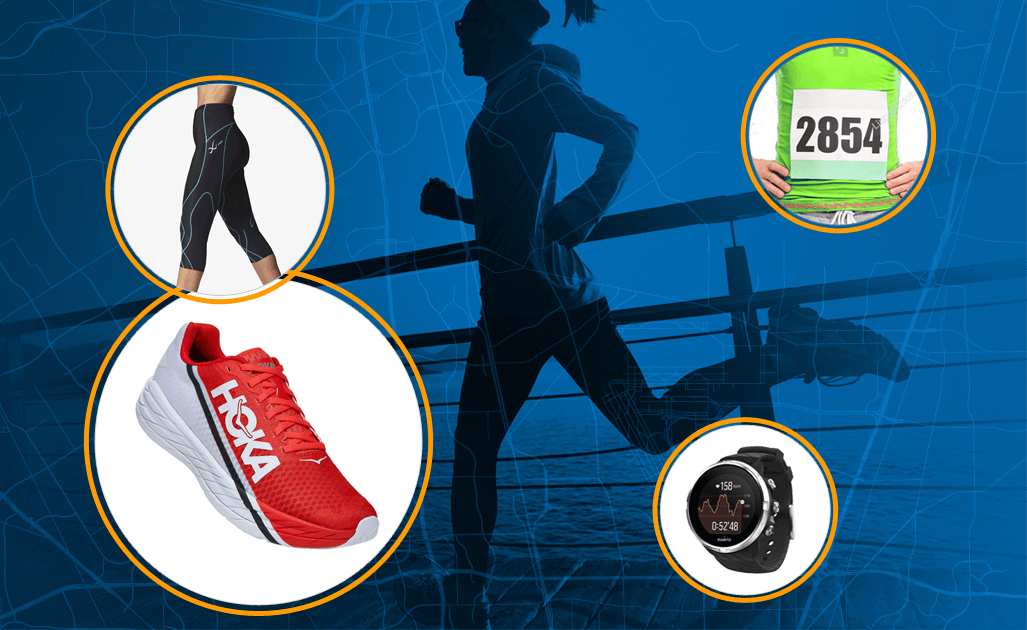How do you bounce back from a long run, race, or push-the-limits mile pace?
.
You know...
That ever happen? If you've been there, you know the feeling...
If you keep grinding like this day in and day out, you're headed for burnout or worse...a running-related injury.
.
But it doesn't have to be that way.
.
In this article, WeeViews Ambassador Lucie Hanes shows you 3 post-run recovery practices to speed healing and improve performance so you can keep going.
...there’s no such thing as overtrained, just under-recovered.
.
They both stem back to the same issue that plagues so many runners, even unintentionally:
But thinking about it in terms of TOO LITTLE RECOVERY instead of TOO MUCH TRAINING helped me understand that just resting in between runs isn’t enough.
Recovering properly from a run is both a physical and mental endeavor.
Focus and motivation are just like your muscles; they need time to recover back to full value after putting them to work.
.
If you want to be able to work hard toward your goals, you need to recover even harder.
.
There’s no substitute for basic rest, but that’s just a starting point.
Recovery from your run starts before you even start running.
According to endurance sports dietitian Kylee Horn of FlyNutrition: Running fasted or under-fueled—especially for longer distances or harder effort—puts your body at higher risk of:
That’s because your body sees RUNNING as a form of stress.
.
Yes, that’s part of the point of training; inducing a certain amount of stress from running helps your body adapt and build back stronger from the strain.
.
But it’s important to keep that amount of stress manageable for the body to process.
.
Too much stress leaves the body overly fatigued and prone to injury or illness.
.
So, it makes sense that training too hard or chaotically would lead to too much stress. But asking your body to run on too little fuel has the same effect.
“For higher intensity training sessions, sessions longer than 90 minutes, or if you have a double training session day, eat something within 30 to 60 minutes after,” Van Horn suggests.
.
“For shorter sessions, quick timing may be less important, but you should still aim to get something in within 1 to 3 hours.”
.
The issue is, running has a tendency to curb some people’s appetites.
.
Long runs and hard workouts take an especially large toll on the gastrointestinal system.
.
The reason why goes back to the stress concept.
.
Coach Jeff from RunnersConnect explains that...
.
“...on these really hard workouts, as your body starts to work harder and harder, it starts to shut down less essential bodily aspects…so it can divert those resources to making sure that you run hard or run long.”
.
The digestive system is often one of the first to go by the wayside.
.
This phenomenon doesn’t mean that your body is fine without the fuel.
If you’re not hungry right after a tough run, liquid calories make a great substitute for solid food.
Runners lose electrolytes like sodium, potassium, and magnesium through sweat.
.
Low levels of electrolytes can lead to:
Take in electrolytes both before, during, and after your run with a hydration supplement like Nuun or Ultima to maintain and restore a healthy balance.
You’ve just put in plenty of physical effort on your run, so it makes sense that many runners head straight to the couch for a little R&R.
.
There’s absolutely nothing wrong with taking it easy after all that hard work, but resist the urge to lie flat on your back for the rest of the day. Why?
Stop short of going for a rigorous hike or adding in an unplanned second workout.
.
Too much activity adds more stress to the equation and slows recovery even further. Think...
These types of movement should relax and rejuvenate you, not wear you out more.
Post-run yoga is a simple way to get in a good flow after stopping the clock, no matter where you are.
Another benefit of post-run yoga is its ability to calm down the nervous system and clear the mind after focusing so intently on running your best.
.
Yoga’s about movement, but it’s also about finding your breath.
.
According to Brynn Cunningham, yoga instructor with Inhale Exhale Run:
.
“When we breathe deeply we activate the parasympathetic nervous system, which controls the restorative center of our body, allowing for optimal post-run recovery”.
In a perfect world, runners would get regular massages to promote better recovery.
.
There’s nothing like massage therapy to:
Research also shows that massage decreases cortisol and increases dopamine and serotonin for better stress relief.
A massage gun like the Theragun or Roll Recovery R1 works by:
Note: Different massage-gun heads target different muscles at various depths, depending on what your body needs. It’s still an investment of $100+, but one that keeps on giving since you can have it on hand anytime.
A classic foam roller covers many of the same bases as a massage gun.
Other helpful gadgets for post-run recovery include:
.
Gua Sha scrapers, compression tools, and recovery shoes. Let's take a closer look at these...
Remember that rest days are just as important to your improvement as any run on the schedule.
.
None of these suggestions will do you much good without basic, regular rest at the foundation.
.
But once you’re ready to take your recovery game even further, add in some of these strategies and tools for a well-rounded routine that will have you feeling psyched and strong whenever you lace up your shoes next.

Login to your account to leave a comment.
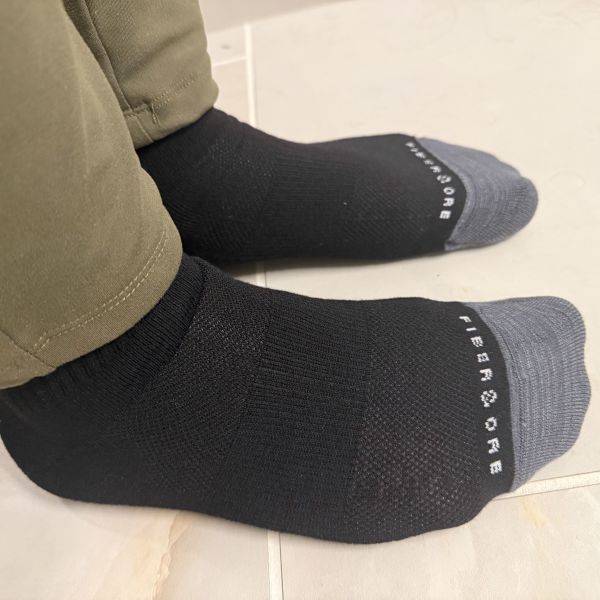
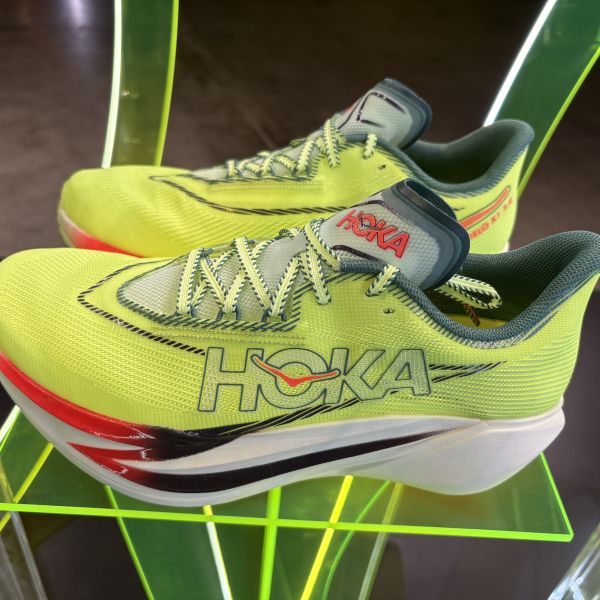
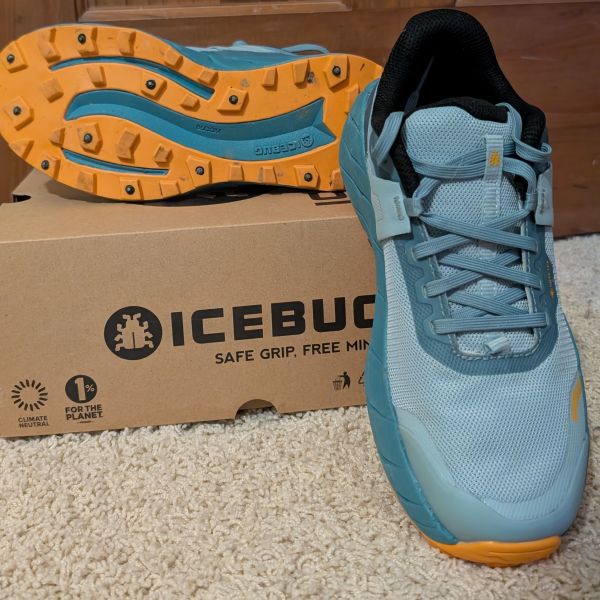
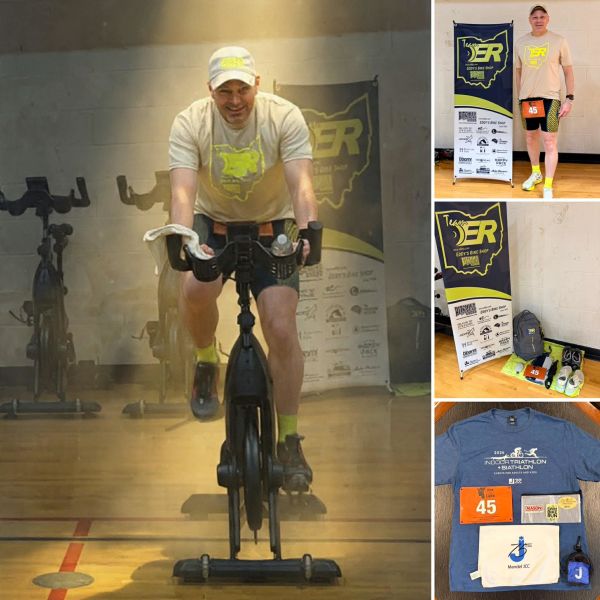
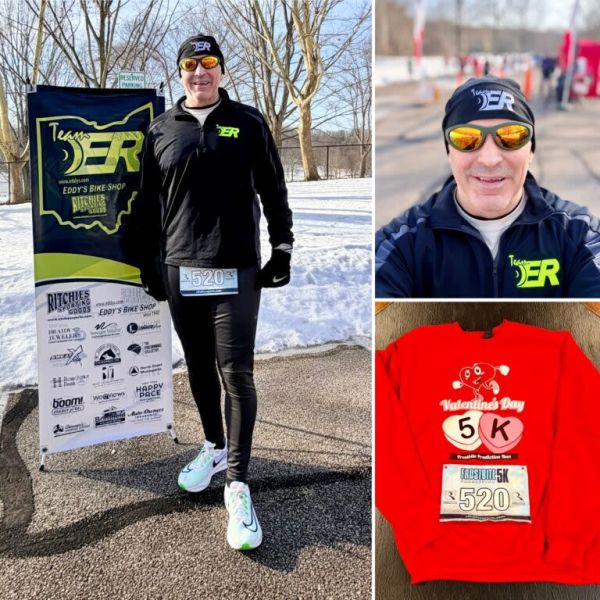
We Want to Give it to You!
